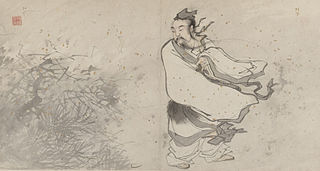A Quote by Robert Plant
There's a similarity between European and North African folk musics.
Quote Topics
Related Quotes
COIL would very much like to see the creation of a newsgroup for minimal musics. We enjoy a wide spectrum of such musics, from La Monte Young, Alvin Lucier, Arvo Part, Nurse With Wound's Solilique For Lilith,The Dream Syndicate (orig.concept not the newer group who plundered the name) to Synus, Earth and so on.and on and on. Some new so called ambient musics fall between genres and so between newsgroups: some of our own music has certainly been deeply inspired by and informed by such musics,from Partch to Subotnic.
I think there's a difference between the type of folk music that people put into the box of "folk music" and then there's the kind of folk music that I aspire to and am in awe of, and that is the kind of folk music where it's very limited tools - in most cases a guitar, in a self-taught style that is idiosyncratic and particular to that musician.
Writing in African languages became a topic of discussion in conferences, in schools, in classrooms; the issue is always being raised - so it's no longer "in the closet," as it were. It's part of the discussion going on about the future of African literature. The same questions are there in Native American languages, they're there in native Canadian languages, they're there is some marginalized European languages, like say, Irish. So what I thought was just an African problem or issue is actually a global phenomenon about relationships of power between languages and cultures.
So in Jamaica it is the aim of everybody to talk English, act English and look English. And that last specification is where the greatest difficulties arise. It is not so difficult to put a coat of European culture over African culture, but it is next to impossible to lay a European face over an African face in the same generation.




































